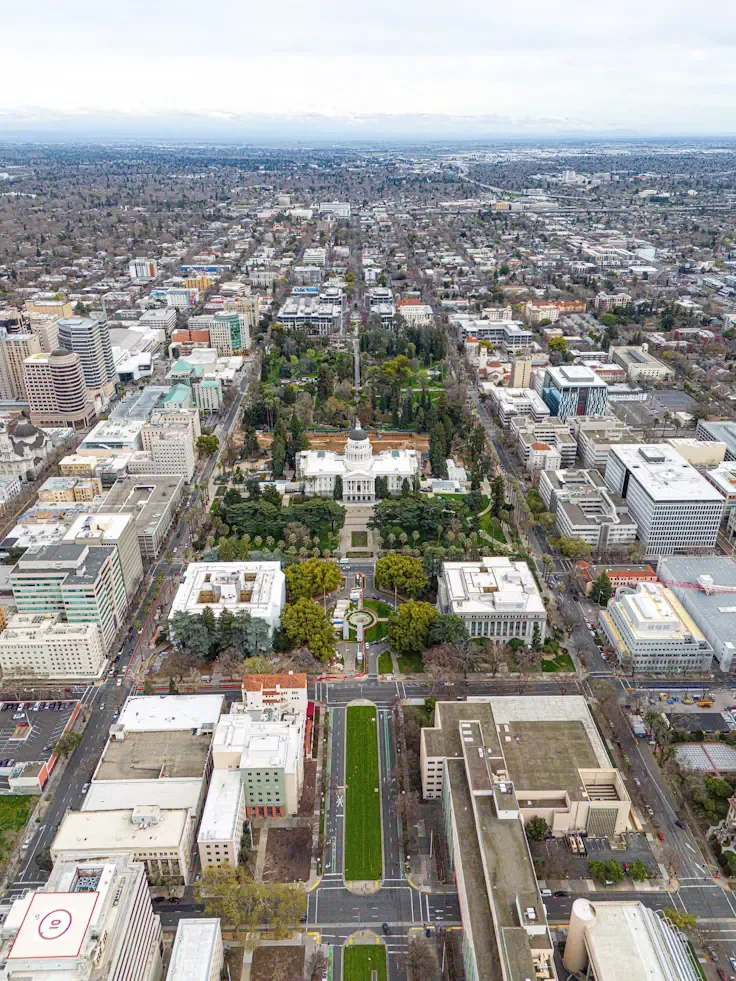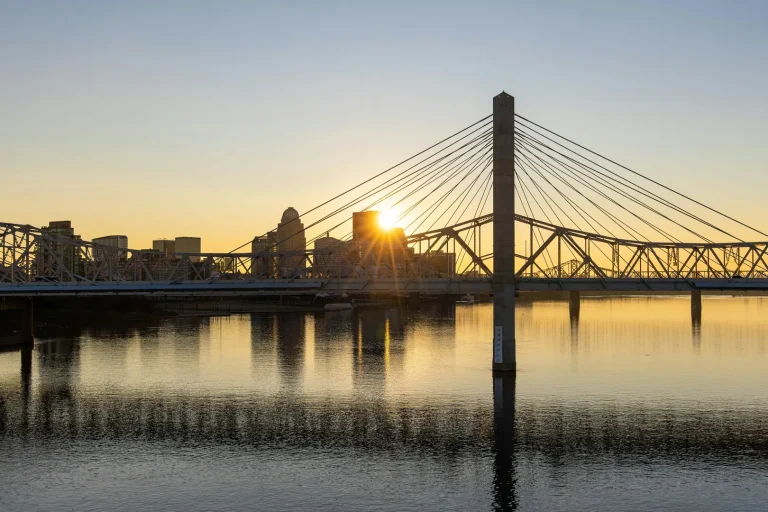Columbus
Columbus, the capital city of Ohio, is a vibrant and diverse metropolis rich in history, culture, and civic engagement. Known for its dynamic economy and innovative spirit, Columbus serves as a hub for commerce, education, and government, making it a focal point for civic participation and community development. This article explores various aspects of Columbus, including its government structure, community initiatives, and opportunities for residents to engage with local governance.
Government Structure
The government of Columbus is structured as a mayor-council system, which is a common form of municipal governance in the United States. This system allows for a clear division of responsibilities between elected officials and appointed staff, promoting transparency and accountability in local governance.
- Mayor: The Mayor of Columbus is elected by the residents and serves as the chief executive officer of the city. The Mayor is responsible for overseeing the administration of city services, implementing policies, and representing the city in various capacities.
- City Council: The Columbus City Council consists of seven members who are elected to represent the interests of their constituents. Council members are responsible for enacting legislation, approving budgets, and addressing community concerns.
- City Departments: Various city departments manage specific functions such as public safety, transportation, housing, and economic development. These departments work collaboratively to ensure the effective delivery of services to residents.
Civic Engagement Opportunities
Civic engagement is a cornerstone of democratic governance, and Columbus offers numerous opportunities for residents to participate in the decision-making process. Engaging with local government not only empowers citizens but also fosters a sense of community and shared responsibility. Here are some ways residents can get involved:
- Public Meetings: Columbus hosts regular public meetings where residents can attend, listen, and provide input on various issues affecting the community. These meetings are often recorded and made available for later viewing, ensuring that all citizens have access to important discussions.
- Community Boards and Commissions: Residents can serve on various boards and commissions that advise the City Council on specific issues such as zoning, parks, and public safety. These positions allow citizens to contribute their expertise and perspectives to the governance process.
- Public Comment Periods: City Council meetings typically include a public comment period where residents can voice their opinions, concerns, or support for particular initiatives. This is an essential avenue for civic participation and allows community members to influence local policy.
Community Initiatives and Programs
Columbus is home to numerous initiatives aimed at enhancing the quality of life for its residents. These programs often focus on sustainability, public safety, and community development. Some notable initiatives include:
- Green Columbus: This initiative promotes sustainability practices within the city, encouraging residents and businesses to adopt eco-friendly habits. Programs may include tree planting, recycling initiatives, and energy conservation education.
- Neighborhood Pride Program: This program aims to beautify neighborhoods through community-led projects, such as park clean-ups and mural installations. It fosters a sense of pride among residents and strengthens community bonds.
- Public Safety Initiatives: Columbus invests in various public safety programs designed to enhance community safety and reduce crime. These programs often involve collaboration between law enforcement, community organizations, and residents.
Education and Workforce Development
Education plays a crucial role in the development of Columbus as a city. The presence of several higher education institutions, including The Ohio State University, contributes to a skilled workforce and vibrant community. Workforce development programs are also prevalent, focusing on job training and skill enhancement for residents seeking employment opportunities.
In summary, Columbus is a city characterized by active civic engagement, a well-structured government, and a commitment to community development. Residents have ample opportunities to participate in governance, contribute to community initiatives, and enhance their quality of life. By fostering an environment of collaboration and civic responsibility, Columbus continues to thrive as a dynamic urban center.






